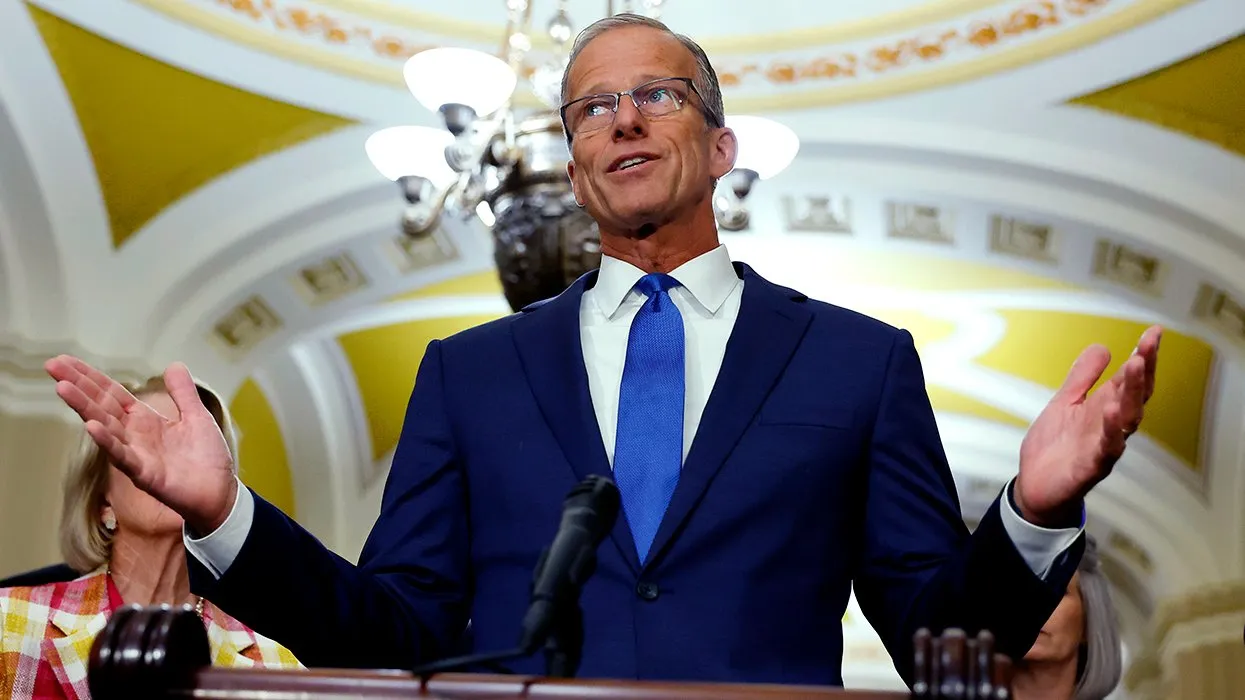John Thune
John Thune also one of the most powerful people in South Dakota politics, and a senior member of the U.S. Senate. Thune is a steady hand leader, conservative pragmatist and has emerged as one of the centrist leaders among Republican politics in his home state and nationally. Thune has been either a member of the U.S. House of Representatives or a U.S. Senator for two decades and his political career has covered some of American political life including businesses, fiscal issues, national security, and taxes.
In this article, we will explore the life and career of John Thune, how he became a prominent political figure, his legislative accomplishments, and what his role represents in the larger picture of the Republican Party.
Early Life and Education
John Randolph Thune John was born on Jan. 7, 1961, in Pierre, S.D., into a family with agricultural and civic roots. Thune is the son of a small-town bank president and a teacher, and he grew up in the rural town of Murdo, where he learned the values that would drive him for life: hard work and service to others.
Thune graduated from the University of South Dakota in 1983 with a business and economics degree, then earned an MBA from the University of Chicago in 1985. Thune developed an interest in politics while a student at the University of Chicago, getting involved in student government and activism. Prior to returning home to start his political career, Thune spent time in the private sector, including a stint working for a software firm after he earned his MBA.
Early Political Career: House of Representatives
Thune got his start in politics as a legislative aide to South Dakota U.S. Senator Larry Pressler in the early 1990s. His years in the Washington D.C. helped him to have relations with important political figures and better understand how the federal government operates.
Then, in 1996, Thune decided to take a turn running for office himself, entering the race for South Dakota’s at-large congressional seat. Thune went on to run again, but that political saga didn’t end there. He at some point ran for the U.S. House of Representatives, ultimately defeating incumbent Democrat Tim Johnson in 1998. It was a Republican breakthrough in a former Democratic bastion.
When serving in the House (1997 to 2003), he earned a name as a budget hawk, supporting tax cuts and lower government spending on the backs of free enterprise. He also had a keen interest in agricultural policy, pushing for measures that would help farmers and ranchers in South Dakota.











